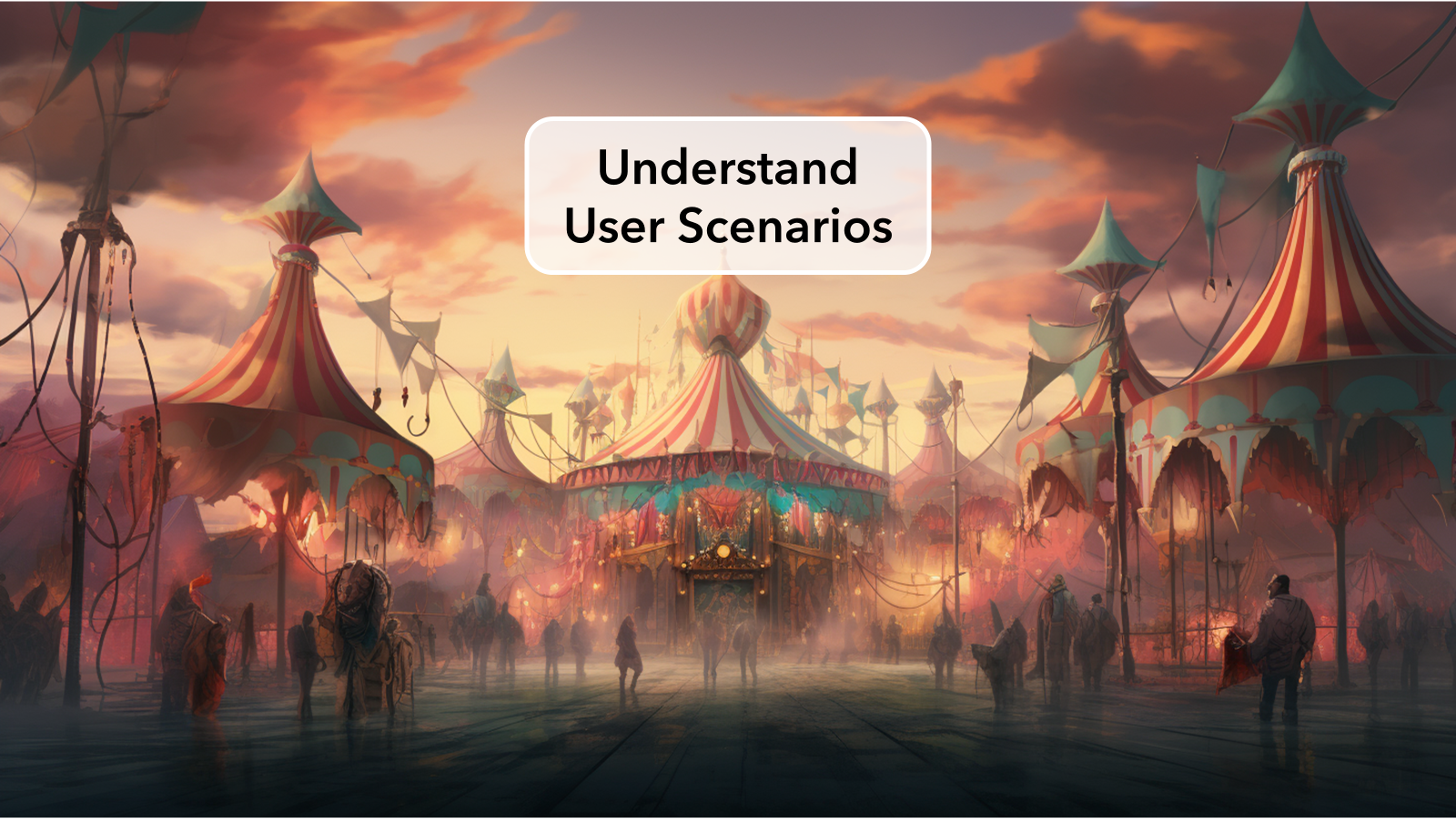
Shift From Knowledge to Wisdom
While AI can supply us with boundless knowledge, human wisdom, and morality will delineate the boundaries of AI’s role in our lives.

Lead the Red Queen Race
Artificial Intelligence is not a simplistic solution to our workload woes. It will raise the standards for everyone and necessitates a commitment to learning and adaptability.

Understand User Scenarios
Stop making products; start crafting experiences. These days, it’s about creating cohesive and personalized user journeys. The role of AI in shaping these user experiences will be pivotal.

Distribute or Automate Management
As AI becomes more sophisticated, tasks that were once the domain of middle managers will be easily delegated and automated. The middle management role will continue to change, necessitating continuous learning, adaptability, and a renewed focus on human-centric leadership skills.

Embrace Digital Team Members
Tight-knit, static teams might become looser, with AI copilots taking over specialist jobs in projects and humans roaming more freely across products where they can make meaningful contributions.

Be an Artisan or Communicator
As AI gets better at digital tasks, we should focus on what makes us unique as humans. Emotional connection, creativity, and physical skills are more critical than ever.

Become a Specializing Generalist
The new organizational focus should be on teams filled with M-skilled (cross-functional) people who can connect the dots between multiple disciplines.

Hard Agile, Soft Agile, and Not Agile
Labeling every non-pure Agile approach as “waterfall” is not helpful. Big Design Upfront only exists in the first quadrant, which we can indeed label as “Not Agile.”

The 25 Drives Grid
Human motivation is an essential topic for product managers and change leaders. Without motivation, clients won’t consider trying out our products, and co-workers won’t be interested in changing their ways of working.
